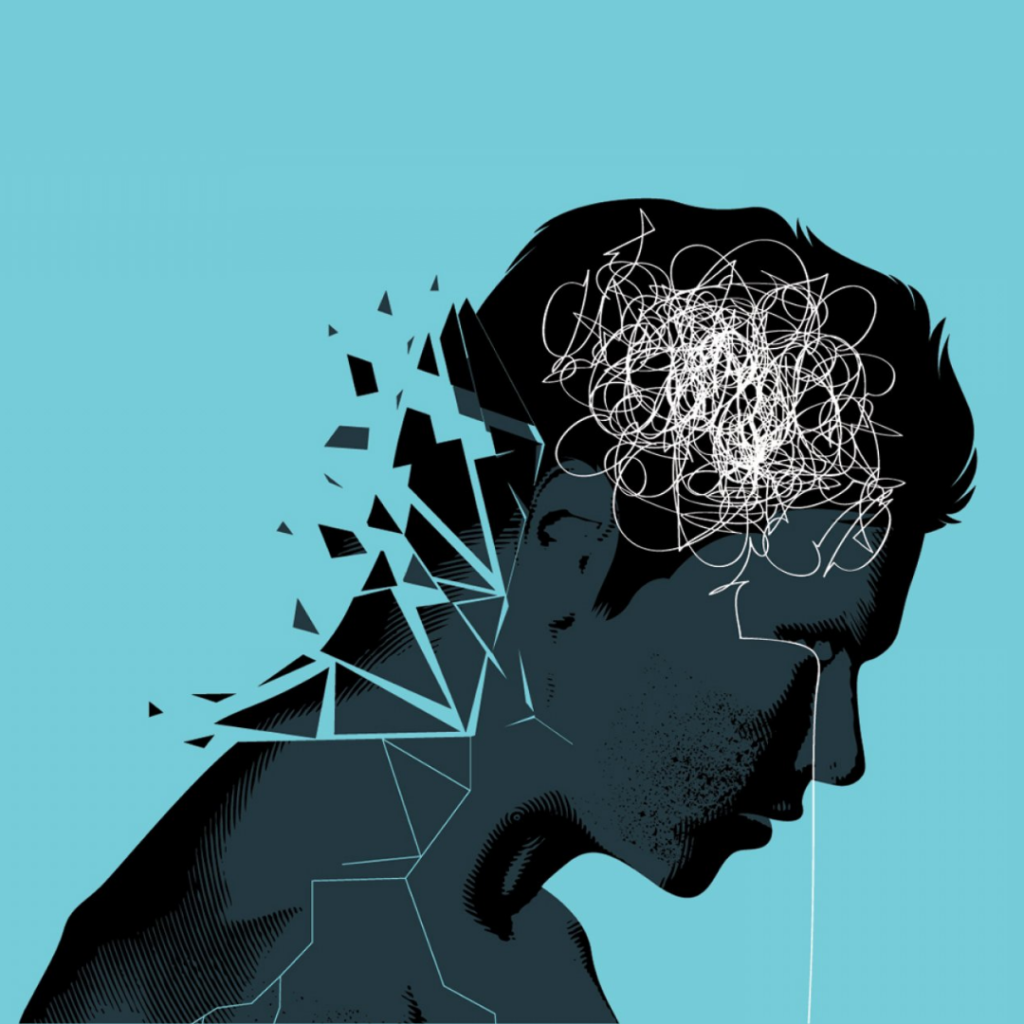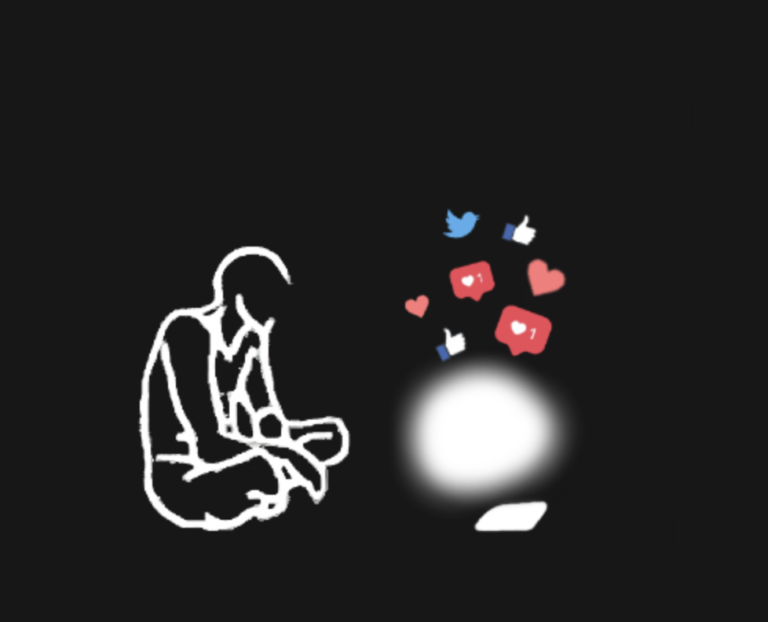The lonely generation: addressing an addiction

By Shaolin Barid
One of the leading mental health issues that plagues the youth today is the excessive feeling of loneliness and I can’t imagine how pandemic stress and isolation triggers more of this feeling than ever. With social distancing procedures set in early March of last year, many found themselves struggling to adjust to the limits of isolation — a new experience for the youth of today who rely on social interactions for key development and growth.
While being lonely is common to universal life, the inadequacy of rewarding social interaction can sometimes be overbearing to a fault. A recent Cigna study on loneliness reports that among young adults aged 18-22, 73% have reported to sometimes or always feeling lonely with a strong note that the feeling of loneliness is more frequent among social media users. Many youth who are still navigating the projections of life and adjusting to their comfort zones in social settings feel lonely, more often than not, due to the perception of social behaviors presented in social media. The feelings associated with loneliness often have much to do with anxiety disorders, depression, increased stress, insomnia and poor self-esteem — all mental health issues that many youth struggle to manage.
This Cigna study has proven that young adults in this age have more anxiety levels and are generally more stressed than older generations. Subsequently, young adults who experience this normative lifestyle are more prone to compensate for their anxieties and depression by wallowing in social media.
Tech addiction is a fairly new and under-researched behavioral condition that affects many youth today. The addictive usage of online platforms through technological devices is more apparent in teens and the younger generations. The reasoning behind why excessive phone usage appeals to the younger generations points to the internet’s ability to deform reality to fit alluring social standards. These standards commit to falsely assigning one’s worth by any number of likes, shares, retweets, comments and messages on various social media platforms. Because these are all features that are achievable, it lures users to find them tools of appraisal and compensation for social interaction outside of technological devices which comprises a cycle of addiction. Social media constitutes a lot of the social norms presented in media that showcase skewed versions of social interactions to young, impressionable teens and young adults.

One could say that the overuse of social media and phone tech is to account for when standards of social interaction are met in ailing conditions. Research has shown that those who have persisting mental health problems relating to social anxieties use online interaction as a method of compensation for social deficiencies. This is notably highlighted in a study comparing loneliness and internet addiction to the importance of self-control as it asserts that while the internet poses as a tool for stress relief in users who have psychological issues, it instead becomes an addiction and worsens the state of their mental health.
With this type of social setting garnering great impact on self-esteem, it’s no wonder why the facade of online social interaction drains out the younger generations making them feel lonelier by the day. It’s even more difficult combatting debilitating online social interaction in the midst of a pandemic that has already wiped out the default in-person social interaction.
So many of my peers who feel excessively lonely in a time where rates of depression and anxiety are at an all-time high, may find it harder to look for resources or advice on how to overcome this wave of gloom. The relationship between loneliness and technology is apparent and should be addressed more, especially in conversations about mental health in the youth.

Read More
The Legacy of Boi Mela
Every year in February, the month-long national book fair welcomes...
Read MoreMillennial Amma: How to Explain a Global Crisis As a Parent
Rumki Chowdhury shares tips for how to talk to children...
Read MoreBegum Rokeya’s Millennials
A tribute to a pioneering Bengali feminist writer, educator and...
Read More



